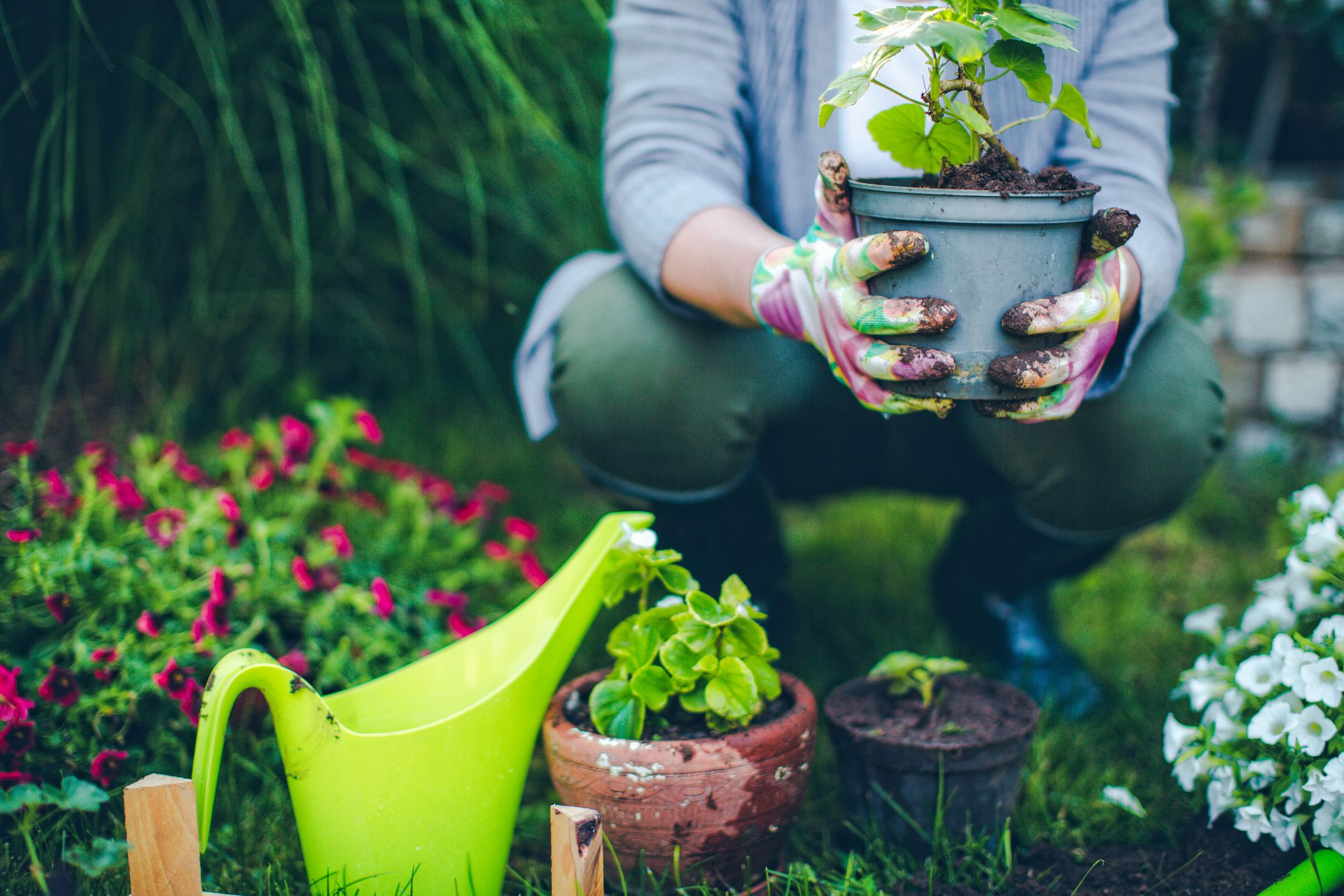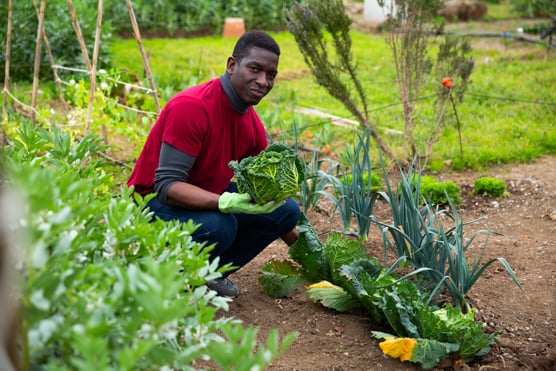Sustainable Gardening Practices for an Eco-Friendly Garden
Sustainable Gardening Practices for an Eco-Friendly Garden
Blog Article
Opening the Advantages of Horticulture: A Comprehensive Look at the Different Types and Their Effect On Wellness
Exploring the multifaceted advantages of gardening discloses a range of practices that substantially improve individual well-being. As we check out these varied gardening strategies, it ends up being noticeable that their influence can reverberate on individual, social, and ecological levels, prompting a closer look at just how these links form a cohesive story of holistic wellness.
Kinds Of Gardening

Flower gardening, another preferred classification, stresses the aesthetic appeal of grown flowers. This type can improve landscapes and promote biodiversity by drawing in valuable pollinators. Herb horticulture involves growing aromatic and cooking plants, adding both to food preparation and all-natural treatments.
Container gardening deals adaptability, allowing individuals with limited area to take part in horticulture by utilizing pots and planters. This approach is especially preferred in city setups. Raised bed horticulture, on the various other hand, includes creating elevated stories that boost soil water drainage and ease of access, making it much easier for garden enthusiasts to manage their plants.
Lastly, area gardening promotes partnership among people in common spaces, promoting social interaction and cumulative duty. Each kind of horticulture offers distinct objectives and satisfies various choices, making gardening a versatile activity that can be customized to specific needs and environments.
Mental Wellness Advantages
Involving in different sorts of gardening not just generates concrete incentives such as fresh produce and gorgeous blossoms but additionally uses significant psychological health and wellness advantages. Study suggests that gardening can be an effective device for reducing stress, anxiousness, and clinical depression. The act of having a tendency to plants and growing a garden cultivates a sense of function and accomplishment, which can enhance general emotional wellness.
Furthermore, horticulture encourages mindfulness, as it needs individuals to concentrate on today minute, whether it be planting seeds or supporting growth. This mindfulness practice can result in reduced rumination and enhanced mood stability. The exposure to native environments during horticulture has actually likewise been connected to enhanced cognitive working and lowered sensations of exhaustion.
Social interaction plays a critical function in psychological wellness, and community horticulture initiatives supply opportunities for people to get in touch with others, cultivating a sense of belonging. The shared experience of horticulture can cultivate relationships and support networks, additionally reinforcing psychological resilience.
Physical Health Benefits
Many people may not realize that gardening additionally gives considerable physical health and wellness benefits. Participating in gardening activities requires an array of physical movements, consisting of flexing, lifting, digging, and planting, which jointly add to enhanced toughness, adaptability, and endurance. These activities can enhance cardiovascular health by advertising an elevated heart rate, thereby decreasing the danger of heart problem.
Furthermore, horticulture can function as a moderate-intensity workout, aiding individuals attain advised physical task levels. Research studies suggest that normal engagement in horticulture can burn significant calories-- around 200-400 calories per hour, depending on the intensity of the jobs executed. Such calorie expenditure is beneficial for weight management and overall metabolic wellness.
Additionally, direct exposure to sunshine during horticulture can help with the synthesis of vitamin D, which plays an essential function in maintaining bone wellness and supporting immune feature. Moreover, the act of gardening commonly includes dealing with soil, which has actually been connected to possible mental and physical health benefits because of the presence of helpful microorganisms. Gardening.
Social Connections Through Horticulture
The communal facets of gardening foster purposeful social links see among people. Community yards, in particular, serve as lively hubs where individuals from diverse backgrounds integrated, cultivating not just plants yet likewise partnerships. These common areas encourage partnership, permitting individuals to exchange expertise, skills, and resources, therefore improving their horticulture experience and fostering a feeling of belonging.
Interaction in gardening activities usually results in the formation of relationships and support networks. Individuals frequently unite for typical goals, such as growing periods, harvest celebrations, or instructional workshops, which strengthen interpersonal connections and produce a click this site feeling of area. Such communications can alleviate feelings of seclusion and enhance mental health, as people find friendship and sociability in shared undertakings.

Ecological Impact of Horticulture
Horticulture dramatically adds to ecological sustainability in numerous methods. Among the most notable benefits is the improvement of biodiversity. Home yards offer vital environments for various varieties, consisting of pollinators such as and butterflies, which are vital for ecological community wellness. By growing diverse plant species, gardeners can create a balanced setting that sustains both vegetation and animals.

Moreover, yards play a crucial function in water conservation. Well-planned landscapes, including native plants and xeriscaping, reduce water usage and prevent runoff, thus protecting regional rivers from air pollution.
Conclusion

The diverse types of horticulture-- consisting of veggie, blossom, natural herb, container, and raised bed-- contribute look at this web-site to mental and physical health, foster social connections, and advertise ecological sustainability. By engaging in horticulture methods, people can experience improved top quality of life while likewise sustaining area bonds and environmental health.
Report this page